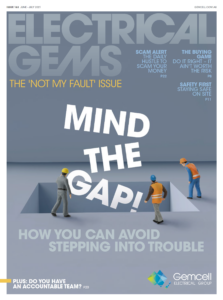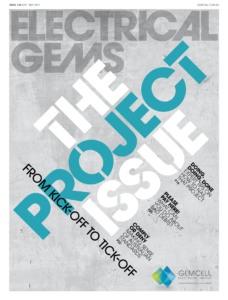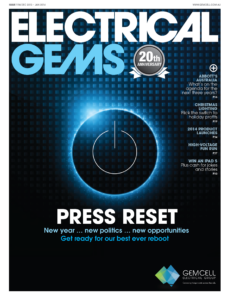If you are thinking about working fly-in-fly-out (FIFO), you need to be mentally prepared. After all, it is a very different way of working and can be challenging from a psychological perspective.
“It’s important to weigh up your reasons for choosing to do FIFO work and make sure that the advantages outweigh any disadvantages,” says Patrea O’Donoghue, psychologist at Positive Psychology Strategies.
“Being away from family and support, working long hours, the impact on your sleep, and the disruption to your usual routine can be big challenges. If you do have a partner, make sure your partner is consulted and factored into your decision-making.”
Patrea warns that being away from home for long periods of time can create a temptation to drift from one’s core values by creating a separate life – one at the FIFO location and one at home, which often doesn’t end well.
Nahum Kozak, of Lighthouse Relationships, agrees, spotlighting the need to ensure that the environment you’re working in has a good culture.
“People tend to overlook the fact that they are going to work for an organisation that has its own culture and that this can impact well-being, home life, and personal relationships if the culture does not manage psychosocial risk hazards.”
Stress from working FIFO
If you’re working FIFO, it’s important to be aware of the balance in your life and be attuned to recognise if things are slightly out of kilter – that way, you can put things back on course before they become a major problem.
“Key things to be aware of include your mental well-being,” says Patrea. “Are you feeling like your usual self, or is the quality of your decision-making changing?
“Being aware of your level of energy is also important, as is being honest about the state of your relationships with people at home – are these being negatively affected?
“Assess whether you’re enjoying the work you’re doing and the people you’re with, and whether the money is worth the impact on your quality of life.”
Ultimately, however, FIFO work can be very rewarding.
“There is a lot to consider in FIFO, but it can be an amazing opportunity for people who make it work well for them,” says Nahum. “However, you do need a plan for how you are going to manage things, or you’ll find you just roll with the norms that the organisation.
5 tips for making FIFO work
Patrea O’Donoghue has these tips for giving FIFO the best chance to succeed.
- If you are in a relationship, discuss the decision jointly and be clear on why you are taking up this faraway work.
- Establish and maintain a healthy work-life balance while away and when back.
- Have clear goals for what to do with the increased income (save/invest rather than let it be frittered away).
- Be clear on your values and stay true to what’s most important to you.
- Be mindfully present. When you are at work, be at work. Often FIFO sites are challenging, so try to be fully present when at work. When you are at home, be at home – mind and body. Leave work at work.

















































































